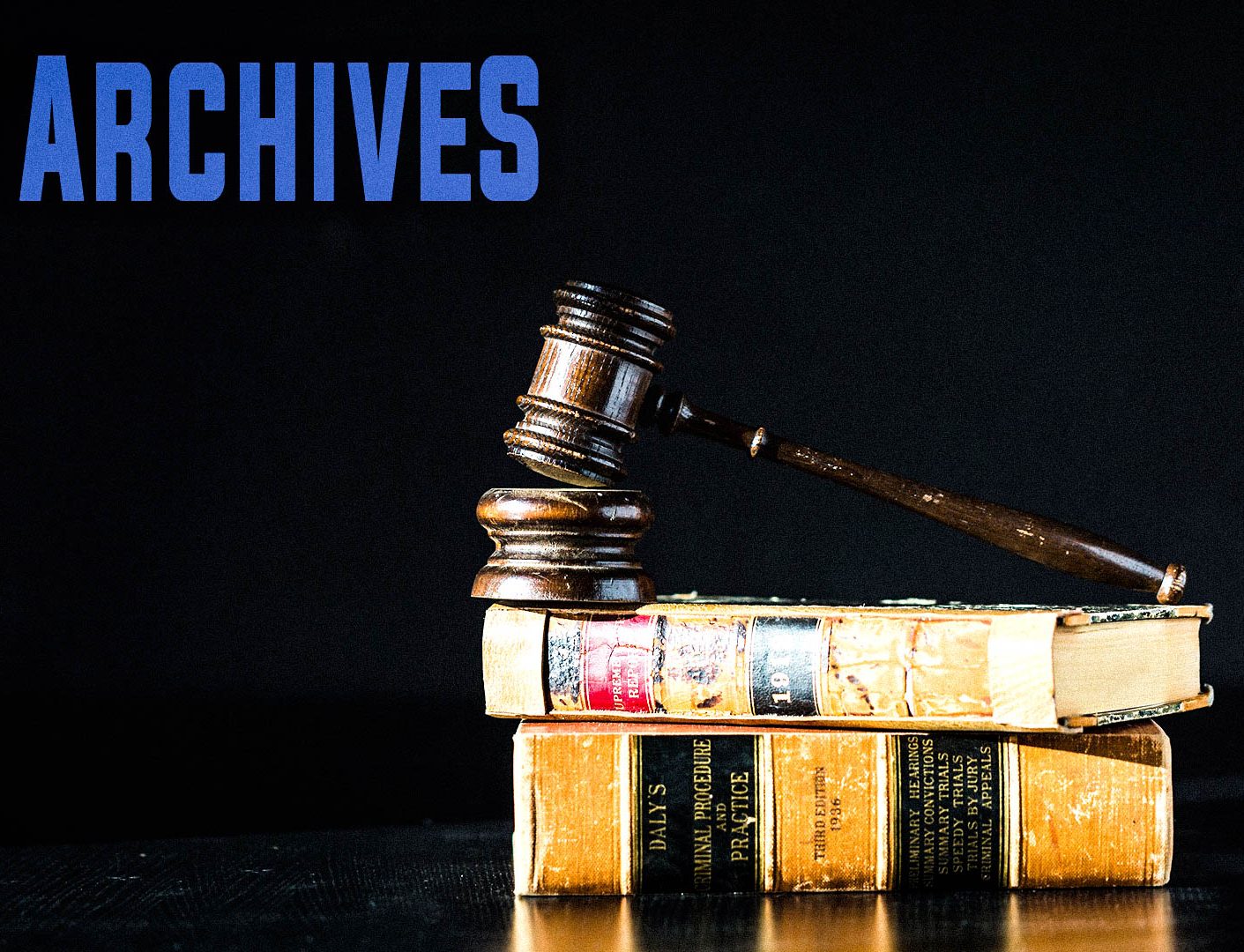Douglas William Stopkey

Background Of Douglas William Stopkey (CRD No. 2209717)
Respondent first became registered with FINRA as a General Securities Representative
in March 1992 through Merrill Lynch, Pierce, Fenner & Smith, Inc. He remained so
registered until the firm terminated his registration on September 18, 2018, by filing a
Form U5, in which the firm disclosed some of the misconduct described herein. Since
September 2018, Stopkey has been registered with FINRA through another FINRA
member.
In January 2020, Respondent entered a Settlement Order with the Commonwealth of
Virginia’s State Corporation Commission, Division of Securities and Retail Franchising
relating to the misconduct described below. In that Order, Respondent settled allegations
of, among things, exercising discretion without prior written authority and agreed to pay
a fine of $10,000 and costs of $5,000.
Activity(s) Reported – Douglas William Stopkey
Respondent exercised discretion without written authorization
NASD Rule 2510(b) prohibited registered representatives from “exercise[ing] any
discretionary power in a customer’s account unless such customer has given prior written
authorization to a stated individual or individuals and the account has been accepted by
the member.”‘ A violation of NASD Rule 2510(b) violates FINRA Rule 2010.
Check out the post for: Peerform
Between January 7, 2016 and June 20, 2018, Stopkey effected approximately 300 trades
in seven accounts owned by four senior customers without first speaking with the
customers on the days he effected the trade orders. Although the customers orally
authorized Respondent to exercise discretion in their accounts, they had not given written
authorization for the accounts to be discretionary. Nor did the firm approve the customer
accounts as discretionary
On three firm compliance questionnaires dated March 14, 2016, March 13, 2017, and
March 14, 2018, Stopkey inaccurately stated that he had not utilized time or price
discretion, or entered trade orders prior to speaking with a client, in a client account.
Further, in response to compliance staffs inquiry into one of the subject trades, Stopkey
inaccurately suggested that the trade was the customer’s idea.
None of the customers complained and Respondent admitted his misconduct to FINRA.
Therefore, Respondent violated NASD Rule 2510(b) and FINRA Rule 2010.
Respondent caused the firm to maintain inaccurate books and records
FINRA Rule 4511 requires members to “make and preserve books and records as
required under the FINRA rules, the Exchange Act and the applicable Exchange Act
rules.” Section 17(a) of the Securities Exchange Act of 1934 and Rule 17a-3 thereunder
require firms to make and keep books and records including a “memorandum of each
brokerage order.” A registered representative who mismarks an order as “unsolicited”
causes a firm to create an inaccurate record, in violation of FINRA Rules 4511 and 2010.
Between January 7, 2016 and June 20, 2018, Respondent marked order tickets for
approximately 65 trades in the seven customer accounts referenced above as “unsolicited” although he did not discuss the trades with the customers.
Therefore, Respondent violated FINRA Rules 4511 and 2010.
Can you expose the broker trying to trick you?
FINRA offers the free web tool BrokerCheck, which allows users to check a broker’s credentials, registration, and employment history. The disclosure part of BrokerCheck includes information on client conflicts, disciplinary proceedings, and specific financial and legal issues on the broker’s record.
Penalties And Sanctions
In determining the appropriate sanctions in this matter, FINRA considered, among other
factors, that Respondent previously paid a fine of $10,000 and costs of $5,000 to the
Commonwealth of Virginia as referenced above.
Respondent also consents to the imposition of the following sanctions:
A suspension from associating with any FINRA member in any capacity for 30
calendar days.
Respondent understands that if he is barred or suspended from associating with any
FINRA member, he becomes subject to a statutory disqualification as that term is
defined in Article III, Section 4 of FINRA’s By-Laws, incorporating Section 3(a)(39) of
the Securities Exchange Act of 1934. Accordingly, he may not be associated with any
FINRA member in any capacity, including clerical or ministerial functions, during the
period of the bar or suspension. See FINRA Rules 8310 and 8311.
Recent Activity(s)Of The Individual/Firm
Between January 7, 2016 and June 20, 2018, Stopkey exercised discretion without
written authorization with respect to approximately 300 trades in seven accounts
maintained by four separate customers. As a result, Stopkey violated NASD Rule 2510(b)
and FINRA Rule 2010. During the same period, Stopkey mismarked approximately 65
orders as “unsolicited” in the same customer accounts. As a result, Stopkey also violated
FINRA Rules 4511 and 2010.
How To Spot A Fraud Finance Advisor (Infographic)

Help For Victims Of Douglas William Stopkey
If you have lost funds because of misrepresentation, unsuitable investment, or unsuitable investment strategy from Douglas William Stopkey. Then you can take legal action and get justice. Fraud, Malpractice & dereliction of duty should not be taken lightly, especially in this industry. We highly suggest that you notify authorities or seek legal action if your financial advisor or brokerage firm fails to abide by FINRA’s rules are regulations.
Learn more about: T1Markets
Financial advisors are regulatory & legally obligated to suggest (recommend) the most suitable investments/investment strategies to their clients. Their suggestions should have their client’s best interests and should be appropriate for their client’s goals and needs. Similarly, the brokerage firm which hires financial advisors also has a regulatory & legal obligation to keep a close watch and supervise their Financial Advisors’ practices & behavior. They need to make sure that the financial advisor is not being manipulative or having an unreasonable bias towards certain investments. If the financial advisor and/or the brokerage firm breaches these duties, then the client/customer may be entitled to a full or partial recovery of their losses.
Financial advisors need to have the interest of their clients when giving suggestions related to investments and investment strategies. Reasonable basis suitability requires the advisor to do their best to analyze & identify the risks and rewards associated with their suggested investment and/or investment strategy.







